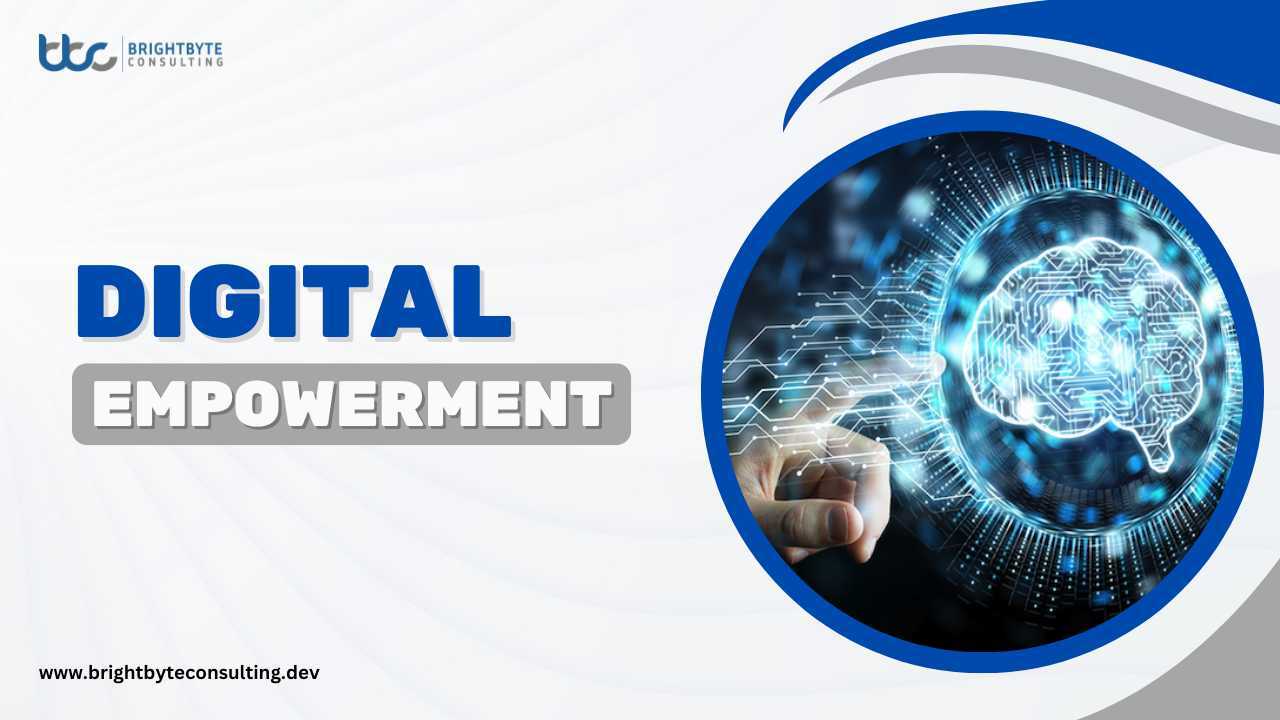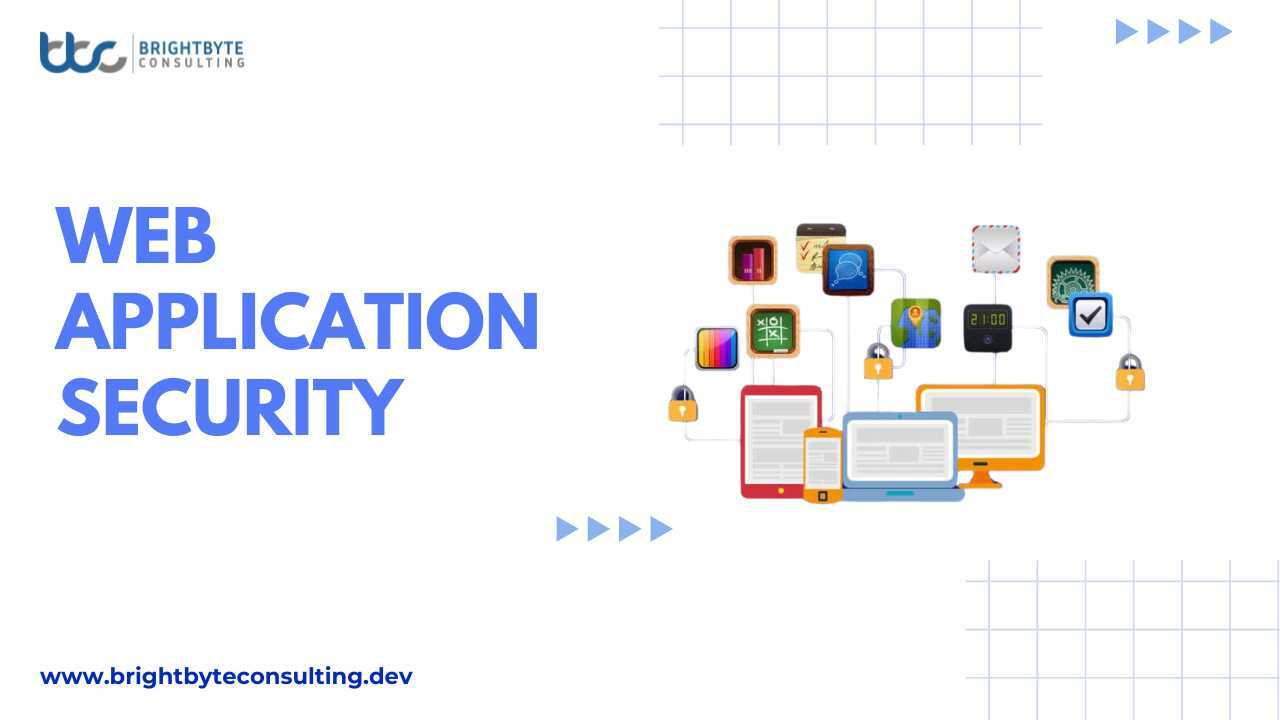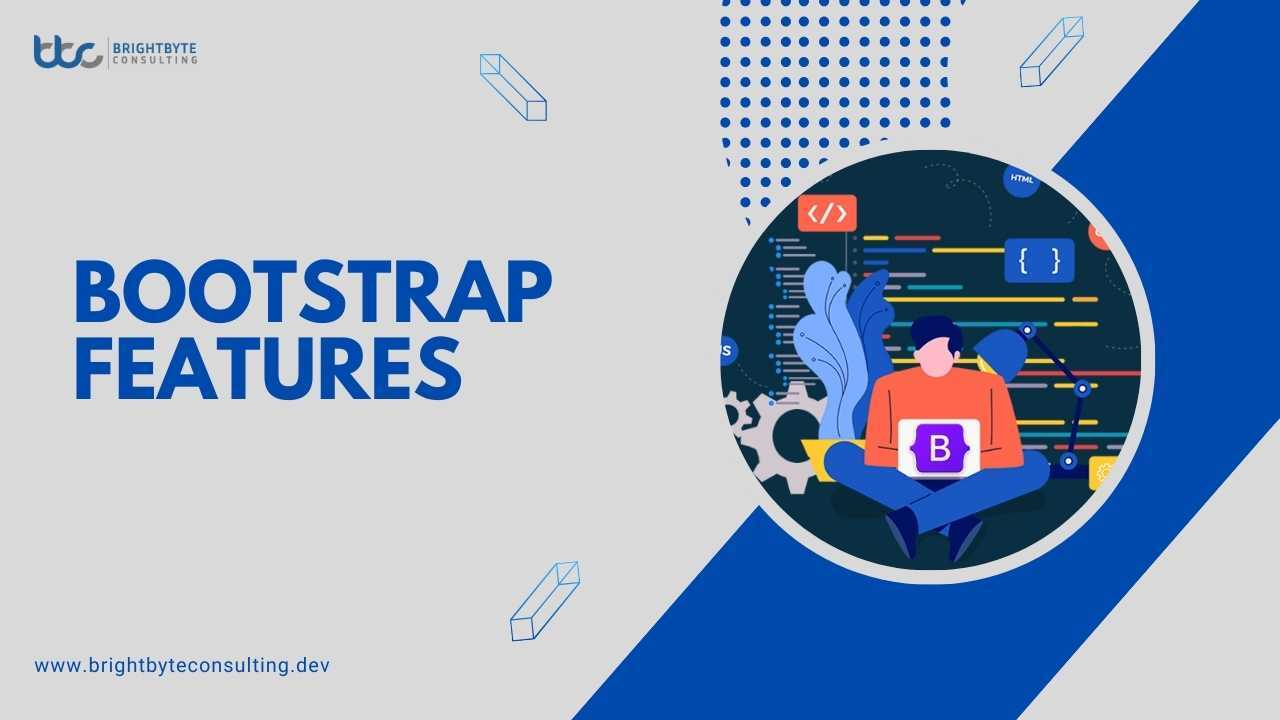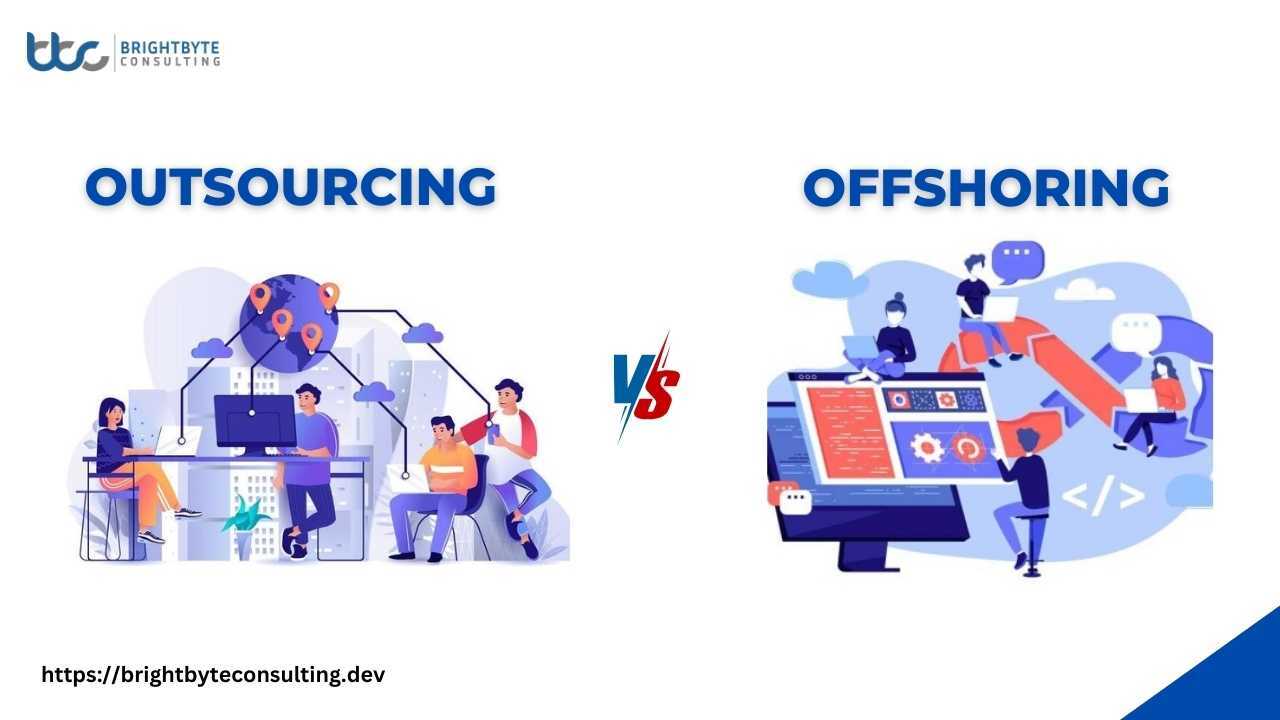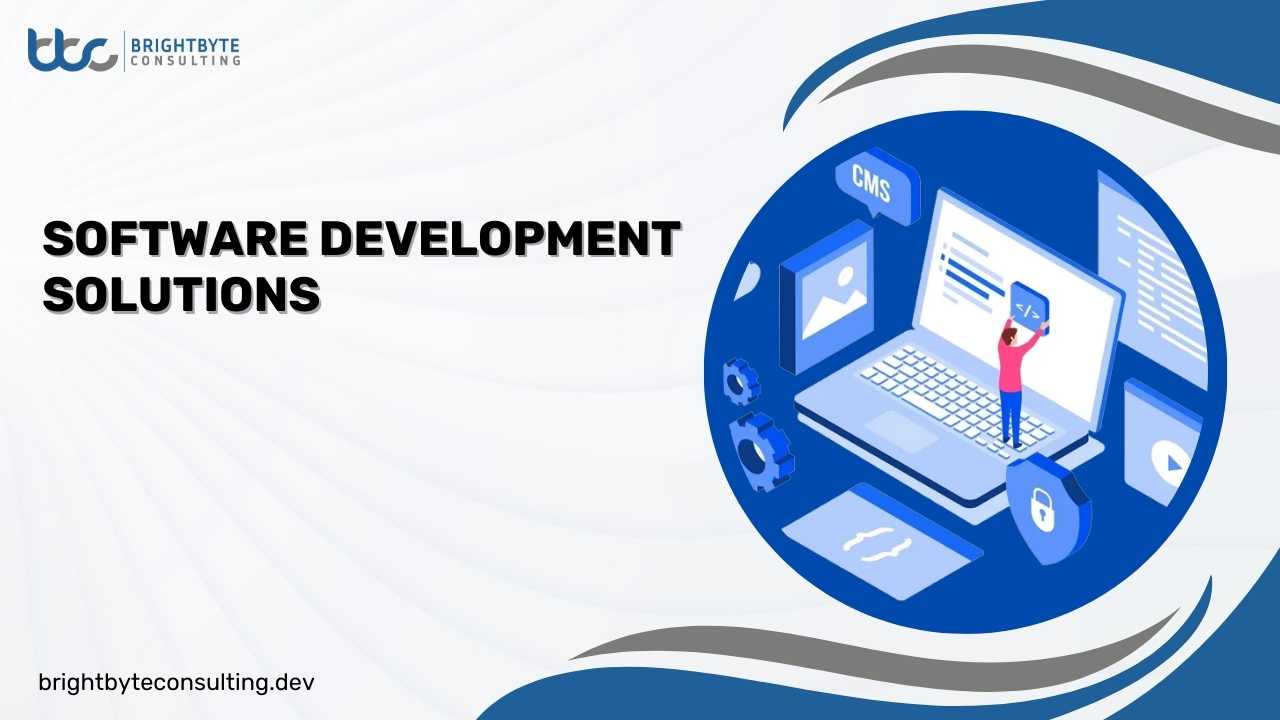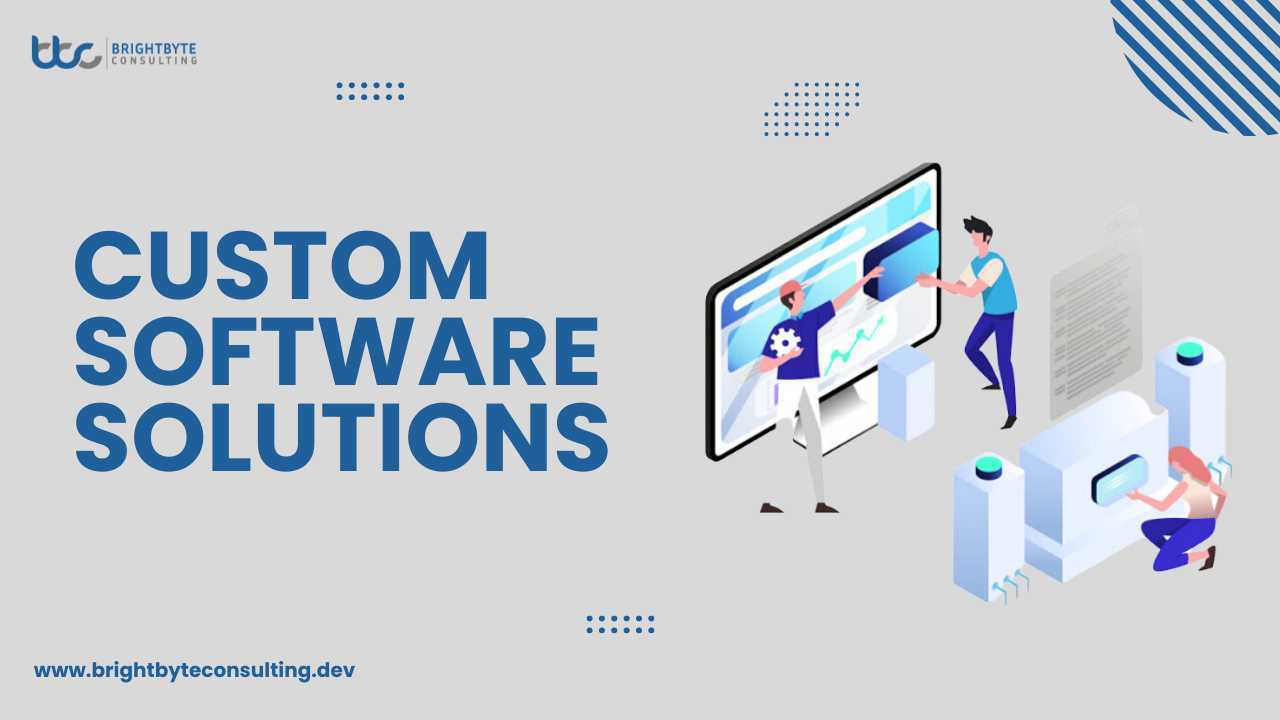In the dynamic landscape of the 21st century, the concept of digital empowerment has emerged as a catalyst for societal transformation. It encapsulates the idea of harnessing technology to empower individuals and communities, providing them with the tools, skills, and resources to thrive in the digital age.
Democratizing Access to Knowledge and Education
Digital empowerment revolutionizes learning by democratizing access to knowledge and education. Online platforms break down traditional barriers, enabling lifelong learning and skill acquisition irrespective of geographical location or socio-economic background.
Fostering Economic Development and Reducing Inequality
Digital empowerment plays a pivotal role in fostering economic development and reducing inequality. By providing access to digital tools and platforms, marginalized communities can tap into global markets, access financial services, and participate in the digital economy. Thus creating avenues for personal and economic growth.
Bridging The Digital Divide
Despite its promise, the digital divide remains a significant challenge, perpetuating disparities in access to technology and digital skills. Bridging this gap requires collaborative efforts from governments and civil society to invest in infrastructure and ensure equitable access to technology.
Prioritizing Privacy, Security, and Digital Rights
As more aspects of our lives migrate online, safeguarding privacy, security, and digital rights becomes paramount. Measures must be implemented to protect individuals’ data, combat online harassment and abuse, and promote digital literacy and responsible online behavior.
Benefits of Digital Empowerment
Digital empowerment, the process of leveraging technology to empower individuals and communities, offers multiple benefits across various spheres of life. Here are some of the key advantages:
Access to Information and Education
Digital empowerment enables individuals to access vast amounts of information and educational resources online. This democratization of knowledge breaks down traditional barriers to education, allowing people from all walks of life to acquire new skills. Also allow individuals to pursue educational opportunities, and engage in lifelong learning.
Economic Opportunities
By providing access to digital tools and platforms, economic opportunities for individuals and communities can be created. It enables entrepreneurs to start businesses, freelancers to find work, and artisans to sell their products online. Additionally, it facilitates access to financial services, such as banking and microloans, which can empower people to lift themselves out of poverty.
Enhanced Communication and Connectivity
It fosters communication and connectivity by enabling individuals to connect with others across the globe in real-time. Social media platforms and video conferencing tools allow people to stay connected with friends and family, regardless of geographical distances. This connectivity promotes collaboration, knowledge sharing, and community building.
Healthcare Access and Awareness
Digital empowerment improves access to healthcare information and services, particularly in underserved areas. Telemedicine, health apps, and online resources provide individuals with access to healthcare professionals, medical advice, and health education. Additionally, digital platforms can be used to raise awareness about health issues and promote preventive care. These platforms can also facilitate remote monitoring of chronic conditions.
Civic Engagement and Participation
Digital empowerment enables citizens to engage with their governments, participate in decision-making processes, and hold authorities accountable. Social media, online petitions, and civic engagement platforms empower individuals to voice their opinions and advocate for social change. This increased transparency and accountability contribute to a more vibrant and participatory democracy.
Efficiency and Productivity
It also enhances efficiency and productivity in various aspects of life, including work, education, and everyday tasks. Digital tools, such as productivity apps, project management software, and collaboration platforms, streamline workflows, automate repetitive tasks, and facilitate teamwork. This enables individuals and organizations to achieve more in less time and with fewer resources.
Environmental Sustainability
Digital empowerment can contribute to environmental sustainability by promoting remote work, reducing the need for physical travel, and facilitating the adoption of eco-friendly practices. Virtual meetings, online conferences, and digital collaboration tools minimize the carbon footprint associated with commuting and business travel. Additionally, digital solutions can be used to monitor and optimize energy usage, waste management, and resource consumption.
Innovation and Creativity
Also fuels innovation and creativity by providing individuals with the tools and platforms to express themselves, share ideas, and collaborate on projects. Open-source software, maker communities, and crowdfunding platforms empower innovators to develop new technologies, products, and solutions to address societal challenges.
Challenges Of Digital Empowerment
Here are the challenges of digital empowerment summarized in bullet points:
- Digital Divide: Disparities in access to technology and skills.
- Digital Literacy: Lack of skills to effectively use digital tools.
- Privacy and Security Concerns: Risks associated with online data.
- Infrastructure Limitations: Inadequate access to internet and digital services.
- Cost of Technology: Affordability of devices and services.
- Content Accessibility: Language barriers and lack of localization.
- Digital Inclusion and Equity: Ensuring equal opportunities for all.
- Misinformation and Digital Literacy: Combating fake news and promoting critical thinking.
- Cultural and Social Barriers: Overcoming norms and gender disparities.
- Technological Obsolescence: Keeping pace with rapid technological changes.
Conclusion
In conclusion, digital empowerment holds immense potential to reshape our world by democratizing access to information. This will foster economic opportunities, enhance communication, and promotie social inclusion. However, to fully realize these benefits, it is imperative to address challenges like digital divide, privacy concerns, and need for digital literacy. By prioritizing inclusivity, equity, and responsible use of technology, we can harness the transformative power of digital empowerment. This will help us to create a more equitable, connected, and prosperous society for all.
FAQs
What is digital empowerment?
It refers to the process of leveraging technology to empower individuals and communities, providing them with access to information, resources, and opportunities.
Why is digital empowerment important?
This is important because it enables individuals to access education, economic opportunities, healthcare, and civic engagement, fostering inclusion, equity, and societal progress.
What are the benefits of digital empowerment?
The benefits include access to information and education, economic opportunities, enhanced communication, healthcare access, civic engagement, efficiency, sustainability, and innovation.
What are the challenges of digital empowerment?
Challenges of digital empowerment include the digital divide, lack of digital literacy, privacy and security concerns, infrastructure limitations, cost of technology, content accessibility issues, and cultural and social barriers.
How can digital empowerment be promoted?
It can be promoted through initiatives aimed at bridging the digital divide, promoting digital literacy, ensuring privacy and security. Investing in infrastructure, reducing the cost of technology, and fostering equitable access to resources also promote digital empowerment.
Who benefits from digital empowerment?
Digital empowerment benefits individuals and communities across various sectors, including education, healthcare, business, government, and civil society. It provides them with the tools and resources to thrive in the digital age.
What role does digital empowerment play in society?
It plays a crucial role in promoting social inclusion, economic development, innovation, and civic engagement. Thereby contributing to the creation of a more equitable, connected, and prosperous society.

